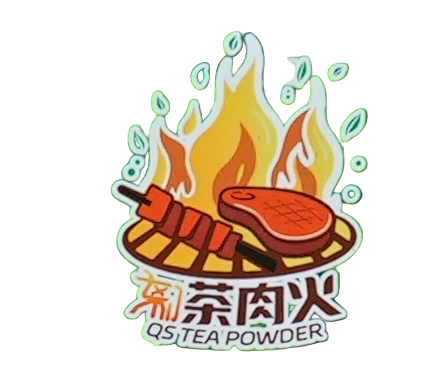Xihu Longjing tea, one of the ten most famous teas in China, originated from Xihu District, Hangzhou City, Zhejiang Province, is a typical green tea, that has become a treasure for tea lovers all over the world because of its unique flavor, superb production technology, and profound cultural heritage. In 2008, the Xihu Longjing production technology was approved by the State Council to be included in the list of the second batch of national intangible cultural heritages, which marks the preciousness of this tea cultural heritage and its historical value.
Origin and history of Xihu Longjing
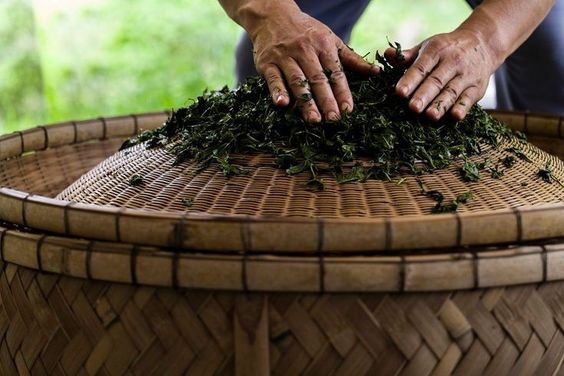
The history of Xihu Longjing tea can be traced back to the Tang Dynasty about 1200 years ago. According to records, Lu Yu, the tea sage, mentioned the existence of this tea in his book ‘The Book of Tea’, and Xihu Longjing began to gradually enter the long history of Chinese tea culture. By the Song Dynasty, Xihu Longjing had become a treasured product of the court nobles and literati, especially in the Ming Dynasty, the reputation of Xihu Longjing was even more far-reaching.
During the Qianlong period of the Qing Dynasty, Xihu Longjing tea gained the favor of the Emperor. It is said that Emperor Qianlong personally visited the West Lake in Hangzhou and praised the deliciousness of Longjing tea, and even sealed eighteen Longjing tea trees as ‘imperial tea’ in front of the Hu Gong Temple under the Shifeng Mountain in West Lake. This not only enhances the reputation of Longjing tea but also marks its formal entry into the ranks of the royal tea. Since then, Xihu Longjing tea has become one of the most important representatives of Chinese tea culture.
Geographical Advantages of West Lake Longjing
The unique quality of Xihu Longjing cannot be separated from the natural environment in which it grows. The origin of West Lake Longjing is located around Longjing Village in the West Lake District of Hangzhou, Zhejiang Province. The mountainous terrain, climate, water quality, and soil characteristics of this area provide unique conditions for the growth of Longjing tea. The mild climate, abundant rainfall, and abundant sunshine in the West Lake District allow the tea trees here to grow extraordinarily luxuriantly, and the quality of the tea leaves is therefore guaranteed.
The fact that Longjing tea grows in these mountains is not only due to the natural soil and climatic conditions but also due to the exquisite cultivation skills of the local tea farmers. The local tea farmers adopt traditional fine farming methods without the use of chemical fertilizers and pesticides, ensuring the purity and naturalness of the tea. This makes the flavor and quality of Xihu Longjing unique in the world tea market.
Production Process of Xihu Longjing
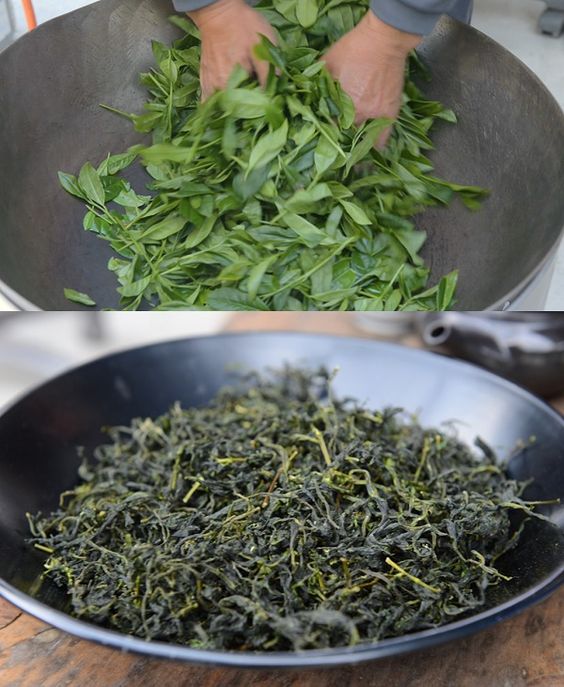
The production process of Xihu Longjing tea is a combination of refinement and tradition. Unlike other green teas, Xihu Longjing tea is made by ‘stir-frying’, which is a very technical and experienced technique. This is a very technical and experienced technique. The stir-frying process of Longjing tea requires the master to carry out a series of complicated steps by hand, in a special smooth and hot iron pot.
The traditional Longjing tea stir-frying technique includes ten major actions such as ‘grasping, shaking, hitching, flinging, pushing, buckling, topping, pressing, pressing, grinding’, etc. These actions require the stir-frying masters to have extremely high skills and keen judgment, and each step is crucial. When frying, the temperature and time of the tea leaves in contact with the surface of the pot need to be precisely controlled to ensure that the color, aroma, and taste of the tea leaves reach the best state. The technique of ‘keeping your hands off the tea and the tea off your hands’ during this process demonstrates the exquisite skills of the tea masters.
Through this series of complex and meticulous processes, the final shape of Xihu Longjing tea, shows a green color, high aroma, and fresh taste of the unique flavor. It is because of the complexity and high demands of these production techniques that Xihu Longjing has become a leading tea producer. The frying process not only requires precise temperature control but also requires that the tea leaves be uniform in tenderness and size and that their fresh and sweet flavor be fully maintained.
Classification and Grades of Xihu Longjing
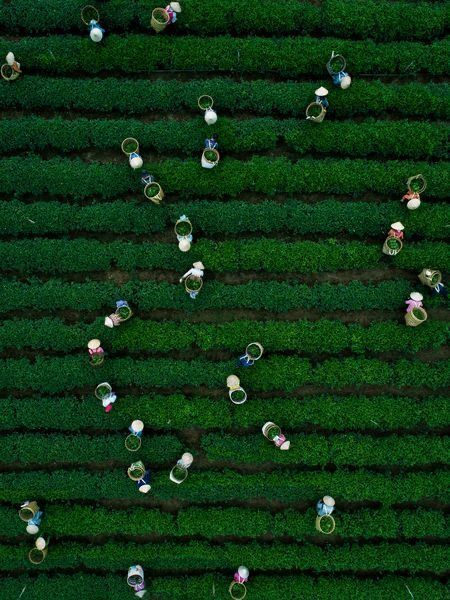
The grades of Xihu Longjing are divided into 1 to 8, among which the Special Grade and Mingqian Longjing are the most precious. Premium Xihu Longjing tea has a flat and smooth appearance, tender green color and glossy texture, fresh aroma, and sweet taste. The tea leaves picked before the Qingming Festival every year are known as ‘Mingqian Longjing’ because of their particularly fresh taste, and are the most representative of Xihu Longjing. Because the tea leaves are picked before the Qingming Festival, the tenderness and freshness of the tea leaves are at their peak, making them a ‘treasure among teas’.
The name ‘Daughter's Red’, a beautiful name for Mingqian Longjing tea, is also full of strong local cultural characteristics and is often given as a metaphor for women's gentle and pure temperament. West Lake Longjing tea is not only delicious and fragrant but also has a high cultural symbolism, its quality, and the historical and cultural stories behind it so that each sip of tea with a strong humanistic color.
The Cultural Significance of Xihu Longjing
Xihu Longjing tea is not just tea, it is a symbol of culture. In China, tea is not only a kind of drink but also carries deep cultural connotations. Xihu Longjing tea is an important carrier of the regional culture of West Lake, which combines nature, humanity, and history. It embodies the concept of harmonious coexistence between man and nature and also conveys the traditional Chinese cultural understanding of etiquette, cultivation of body and mind, as well as the treatment of people.
In addition, West Lake Longjing has also become an important bridge for the exchange of Chinese and foreign tea culture. With the continuous spread of Chinese tea culture, Xihu Longjing tea has gradually been known by tea lovers around the world and has become one of the best products in the international tea market. In the process of this cultural exchange, Xihu Longjing not only spreads the aroma of tea but also lets the world know more about China's profound tea culture.
Protection and Development of Modern West Lake Longjing
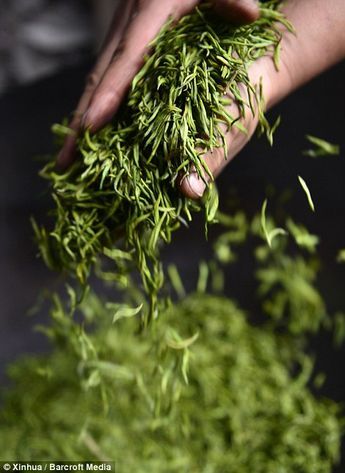
In order to protect this precious cultural heritage, the Hangzhou West Lake Longjing Tea Management Association has, since 2014, begun licensing West Lake Longjing tea shops across the country to ensure that every cup of West Lake Longjing tea represents its authentic quality and culture. In addition, Xihu Longjing's trademark was also registered as a National Geographical Indication Certification Trademark in 2011, further strengthening the protection of this tea and ensuring that it will not be counterfeited by shady products.
In modern times, West Lake Longjing is not just a local specialty of Hangzhou, it has become a calling card of Chinese tea culture. With the continuous development of the tea market, Xihu Longjing tea still enjoys a worldwide reputation, attracting more and more tea lovers and tourists to taste and learn more about it.
Summary
Xihu Longjing tea is known for its ‘green color, lush fragrance, mellow taste and beautiful shape’, and is a bright pearl in Chinese tea culture. Its uniqueness not only comes from its superior natural environment and production technology but also from the people's inheritance and protection of tea culture for thousands of years. Whether it is its production techniques or its symbolism in culture, it has made Xihu Longjing one of the representatives of Chinese tea, which is renowned all over the world.
